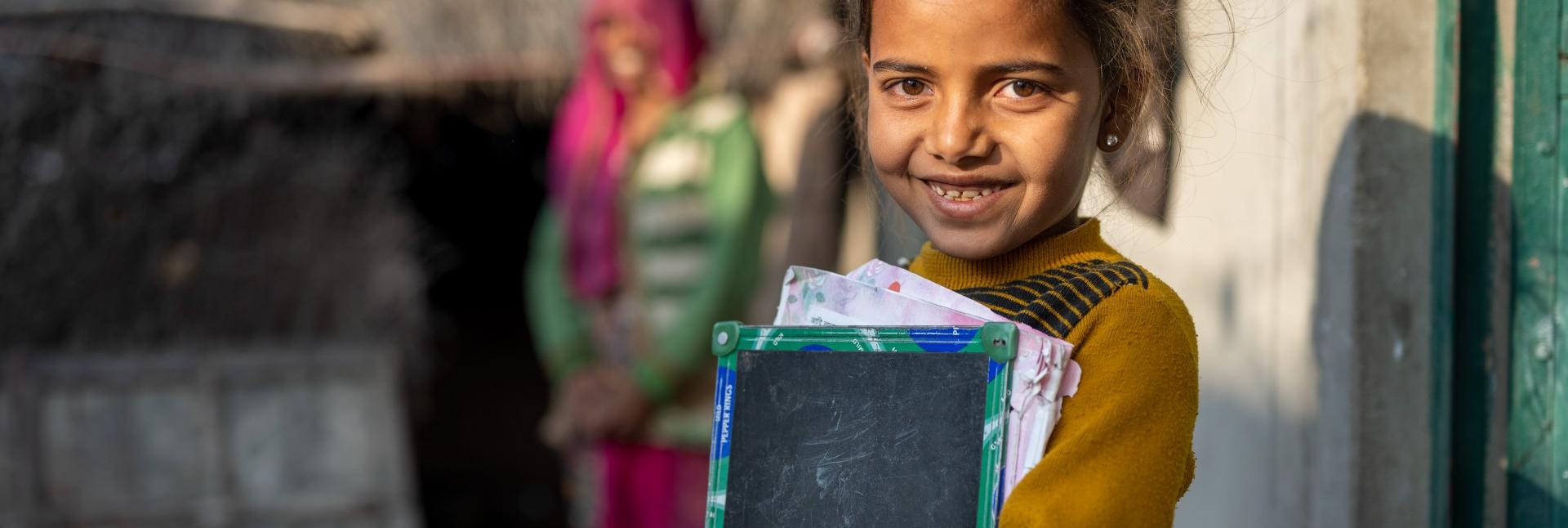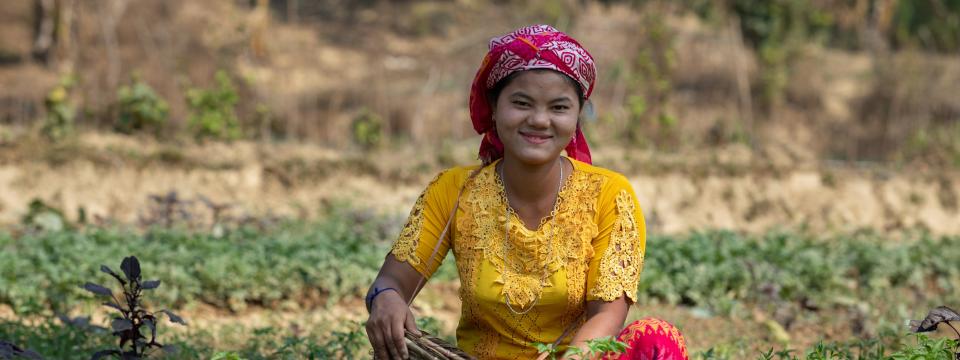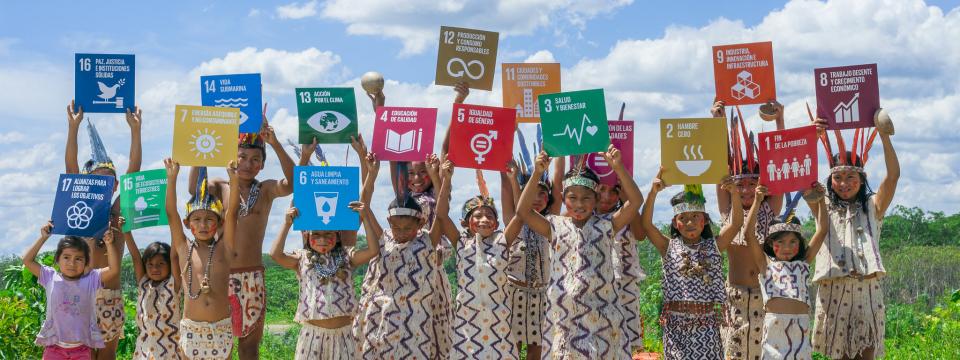
RC System Funding
Funding the Resident Coordinator system
Funding the Resident Coordinator system
Funding for the Resident Coordinator system has remained well below the $281 million budget.
- In 2021, nearly $215 million were received in the Special Purpose Trust Fund for the Resident Coordinator system.
- A funding gap of $66million persisted, owing to insufficient levels of voluntary contributions and a 1% levy that is still not delivering at the expected levels.
$98 M
Member State’ voluntary contributions
$39 M
UNSDG contribution through the cost-sharing arrangement
> $40 M
1% coordination levy
Initial progress in diversifying the donor base has slowed
- Only 1 new Member State contributed for the first time in 2021.
- Several Member States that contributed in 2019 or 2020 have not done so again.
- 5 countries from the G-77 and China contributed in 2021, from 11 in 2020.
- In total, in 2021, 28 Member States provided voluntary funding to the Resident Coordinator system.
- These are the lowest numbers since the establishment of the Resident Coordinator system.
All contributing UNSDG entities paid their share of the cost-sharing arrangement in 2021
- The World Intellectual Property Organization joined the UNSDG and will contribute for the first time in 2022.
The revenue from the coordination levy remained approximately the same, since 2020
- However, the levy fell short of around $10 million than the estimated projections for 2021.
- With 20% of eligible contributing countries not applying the levy in full, there is ample room to grow this source of revenue.
The online Special Purpose Trust Fund portal provides full transparency and accountability for resources
- The Special Purpose Trust Fund portal displays information on income from all three funding streams and expenditures of the Fund.
The ambitious mandates set by Member States for the Resident Coordinator system cannot be accomplished without adequate, predictable and sustainable funding
Closing the funding gap is a priority
- The COVID-19 pandemic tested and proved the value of coordination for an effective and efficient response to protect and accelerate the SDGs
- Shortfalls can hamper the ability of the Resident Coordinator system to deliver on its mandate















